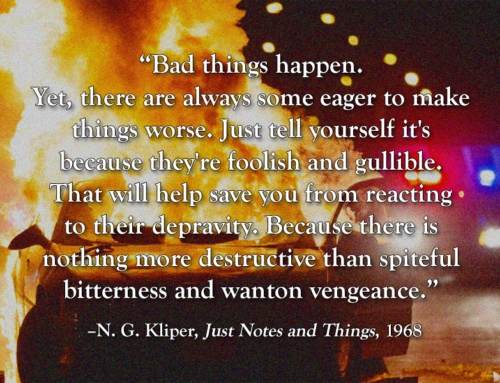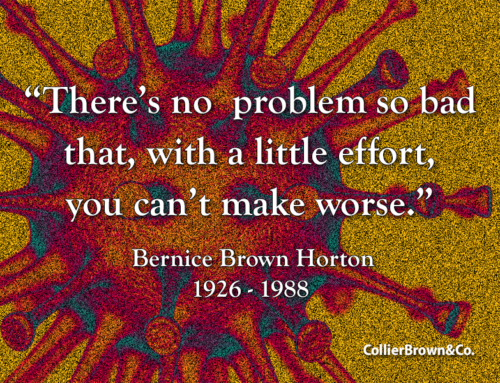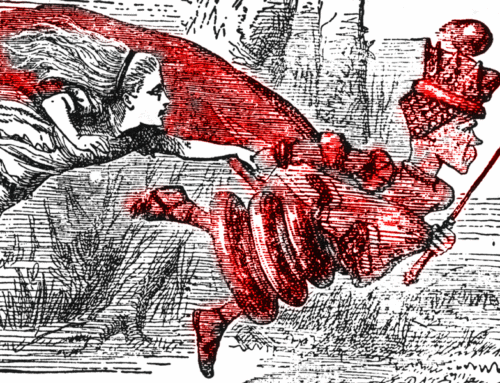In the movie, The Hunger Games, North America has been destroyed by some unknown apocalyptic event and the nation of Panem exists in its place. Pamen consists of a wealthy Capitol and twelve surrounding, poorer districts. As punishment for a previous rebellion against the Capitol, one boy and one girl between the ages of 12 and 18 from each district are selected by annual lottery to participate in the Hunger Games. In this event participants, or “tributes,” must fight in a outdoor arena controlled by by the Capitol, until only one remains.
Game play
For me, this plot is an interesting play on the game, Let’s You and Him Fight from Games People Play by psychiatrist Dr. Eric Berne (1910-1970). As a maneuver game, it’s somewhat romantic: a woman maneuvers or challenges two men into fighting, with the implication or promise that she will surrender herself to the winner. After the competition is decided, she fulfills her bargain. It’s basically an honest transaction with the presumption that the two will live happily ever after. As a manipulative game, it’s darkly comic: the woman sets up the competition and while the two men are fighting, she steals away with a third. The psychological advantages (internal and external) for her and her mate spring from the position that honest competition is for suckers. In either case, the psychology is essentially feminine. The high drama qualities of this game make it the basis for volumes of literature around the world, both good and bad.
Pro level games
In The Hunger Games the 12 districts and their tributes are manipulated by the Capitol in a deadly “Let’s you and them fight” game. The Capitol represents “villains” who love to play “victims” (after all, the districts need to be punished for their attempted rebellion years ago). Unfortunately, we see this type of behavior show up in corporate life. In the last post we briefly considered what happens when victim role players “go pro.”
What if you were of a mindset that tilted towards perpetual victim status? What if, over time, you learned to use victimhood as a strategy, or even as a weapon? What if you got good at it? You’d probably show up as one of two general types of villains-as-victims:
Manipulators – These are the “poor me” types. They are “victims” of circumstance or the behavior of others. Their objective is fairly simple: they seek pity, sympathy or compassion in order to get something. Example: in the movie Wall Street: the money never sleeps, uber-villain, Gordon Gekko manipulates his daughter emotionally. He’s after the money!
Abusers – These are the ones who want to divert attention from their actions claiming that their actions were justified based on the bad behavior of others (often victims of the abusers’ actions). They’re after sympathy in order to get support, or enabling behavior, regarding the abuse of the victim (target). Let’s go back to the Wall Street movie for another example: Bretton James (Josh Brolin) and Jacob Moore (Shia LaBeouf) confront one another. Both are trying to divert attention from their actions, claiming they were justified in their respective bad behaviors.
The payoff
What is the villain-as-victim looking for? Justification. Internally, they want to rationalize the inconsistency they feel about themselves and how they actually treat others. Externally, it’s a way to escape judgment or condemnation for their behavior.
Your job is not to fix the other person in these scenarios; your job is to not “take the bait” and to not be a “victim.” Don’t be a tribute, or the Capitol, in the Organizational Hunger Games.
In Other Words…
“Dear ones: Beware of the tiny gods frightened men create to bring an anesthetic relief to their sad days.” – Hafiz
“If it’s never our fault, we can’t take responsibility for it. If we can’t take responsibility for it, we’ll always be its victim.” – Richard Bach
“Self-pity is easily the most destructive of the nonpharmaceutical narcotics; it is addictive, gives momentary pleasure and separates the victim from reality.” – John W. Gardner
“You can’t hide your lyin’ eyes.” – The Eagles
“Thou shalt not be a victim. Thou shalt not be a perpetrator. Above all, thou shalt not be a bystander.” – Holocaust Museum
In The Word…
“Simply let your ‘Yes’ be ‘Yes,’ and your ‘No,’ ‘No’; anything beyond this comes from the evil one.” – Matthew 5:37
Note: The Hunger Games pin logo is the property of Lionsgate Films and is used here as a parody.








Leave A Comment